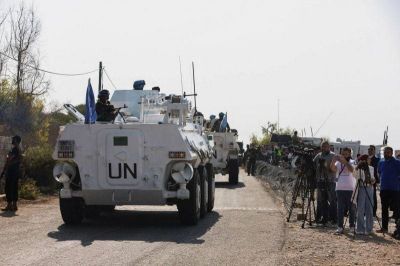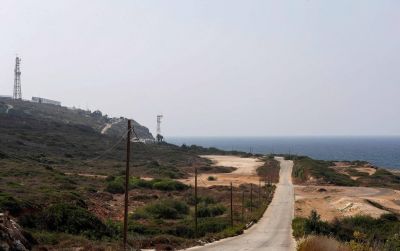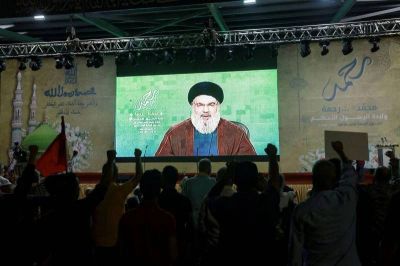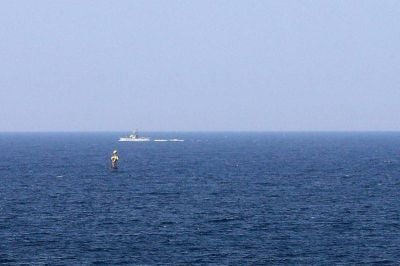BEIRUT — Lebanon and Israel concluded on Thursday, Oct. 27, a deal delimiting their maritime border, which ensures the distribution of valuable offshore gas fields in the eastern Mediterranean. This agreement puts an end to a dispute that has lasted since the late 2000s.
As part of this deal, Lebanon has given up its claim to Line 29, which would allow it to claim an additional 1,430 square kilometers and part of the Karish field, which is known to be rich in hydrocarbons. On the other hand, it has obtained the whole of the area it claimed, officially delimited by Line 23, and all the exploitation rights of the still unexplored Qana field.
Is this deal, reached through American mediation led in the final stretch by Amos Hochstein, really a "historic agreement," to use the words of Lebanese officials? Does it really change the economic and geopolitical landscape for Lebanon? And is this agreement, which has been given the green light by Hezbollah, a first step towards normalization with Israel?
We answer these questions in L'Orient-Le Jour's new video series produced by our journalist Lucile Wassermann with our motion designer Jad Abou Jaoude, and entitled "The Explainer."
Find below a series of opinions, analyses and documents to read if you want to know more about the maritime border deal:



